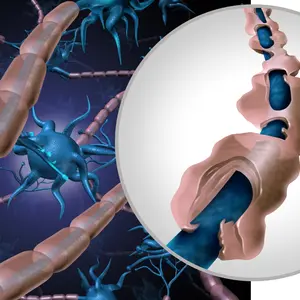

Mental and Behavioral Well-Being

Mental and Behavioral Well-Being
Studies Show Diet Quality Improves Mental Health
The COVID-19 pandemic, like many other large-scale disasters and traumatic events, is likely to result in significant mental health consequences. Nutritional intervention as part of a clinical strategy can be powerful in treating chronic mental health disorders and improving overall mental wellness.
Depression is the leading cause of disability worldwide, and anxiety disorders affect approximately 40 million American adults each year. Research suggests a relationship between the quality of diet and an individual’s mental health. The emerging field of nutritional psychiatry uses dietary and nutraceutical interventions—whereby fortified food or dietary supplements are prescribed for their health benefits—to address mental disorders.
Studies suggest those who eat a Western-style diet of highly processed foods are at greater risk for depression and anxiety symptoms, and those who eat an anti-inflammatory Mediterranean-style diet are at lower risk. Mediterranean diets of vegetables, fruits, healthy fats, lean proteins, and whole grains may improve mental wellness overall.
In patients who experience depression as part of bipolar disorder, one double-blind randomized controlled trial showed participants with better diet quality reported reduced general depression and bipolar symptoms and had greater improvements as rated by their clinicians. The same study suggested that consumption of additional mitochondria-supporting nutrients potentially decreased the adverse effects of inflammation-causing diets on participants’ cognitive function.
Furthermore, studies have shown that eating a Mediterranean diet reduces depression symptoms and may be a potential treatment for depression. In a study of people with major depressive disorder whose diet history was rated “poor-quality,” 32% of participants who improved their diet achieved remission of depressive episodes within the three-month intervention period.
REFERENCES
The Institute for Functional Medicine. (2020). Nutrition and mental health. Retrieved from https://www.ifm.org/news-insights/nut-role-nutrition-mental-health/


 By
By






